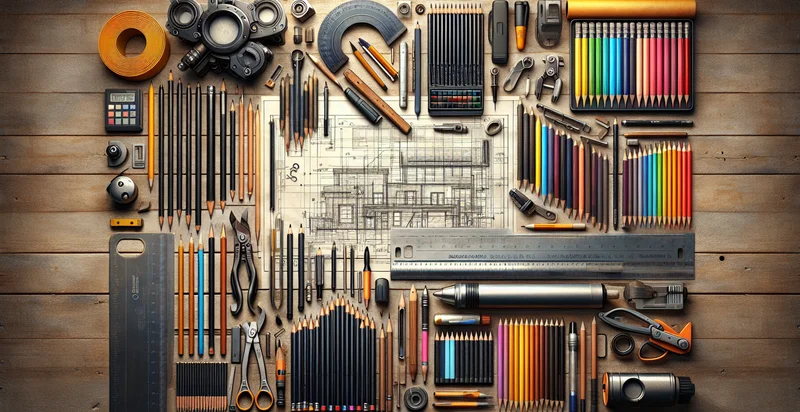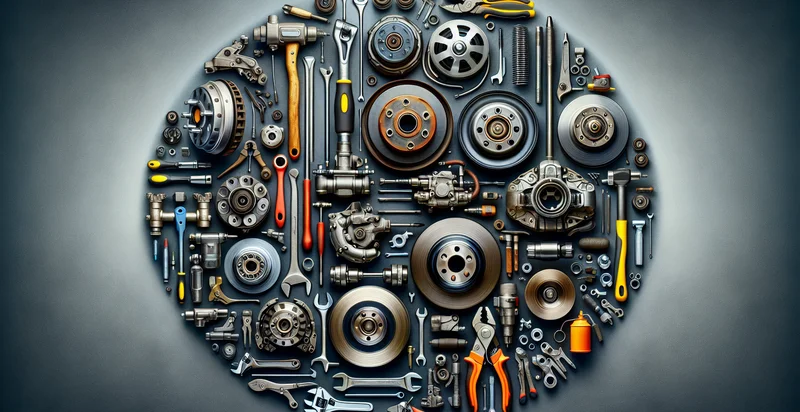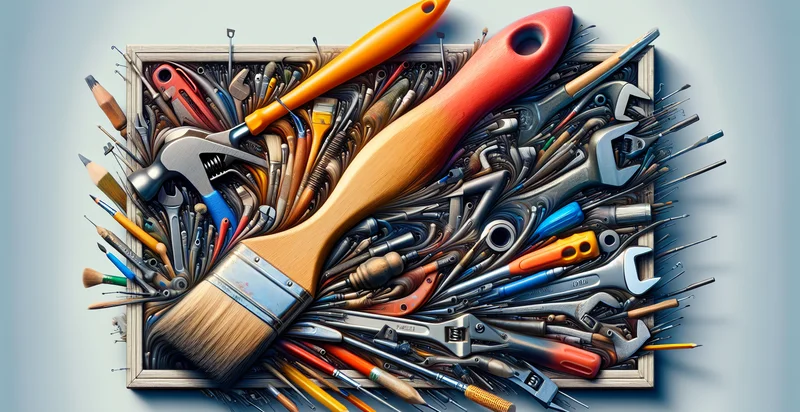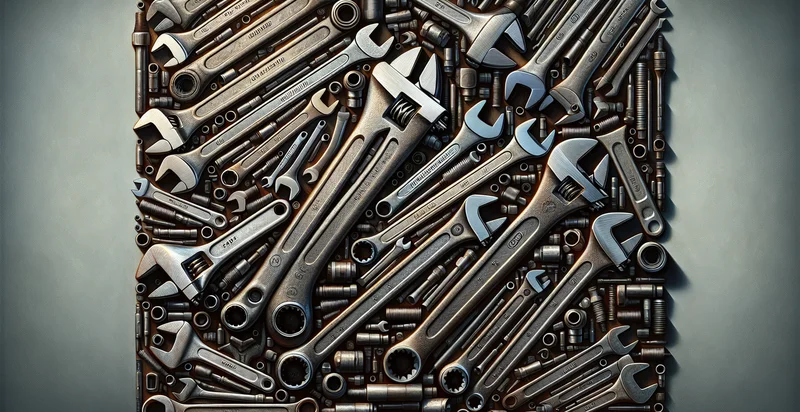Identify line tool type
using AI
Below is a free classifier to identify line tool type. Just upload your image, and our AI will predict the type of line tool being used - in just seconds.

Contact us for API access
Or, use Nyckel to build highly-accurate custom classifiers in just minutes. No PhD required.
Get started
import nyckel
credentials = nyckel.Credentials("YOUR_CLIENT_ID", "YOUR_CLIENT_SECRET")
nyckel.invoke("line-tool-type", "your_image_url", credentials)
fetch('https://www.nyckel.com/v1/functions/line-tool-type/invoke', {
method: 'POST',
headers: {
'Authorization': 'Bearer ' + 'YOUR_BEARER_TOKEN',
'Content-Type': 'application/json',
},
body: JSON.stringify(
{"data": "your_image_url"}
)
})
.then(response => response.json())
.then(data => console.log(data));
curl -X POST \
-H "Content-Type: application/json" \
-H "Authorization: Bearer YOUR_BEARER_TOKEN" \
-d '{"data": "your_image_url"}' \
https://www.nyckel.com/v1/functions/line-tool-type/invoke
How this classifier works
To start, upload your image. Our AI tool will then predict the type of line tool being used.
This pretrained image model uses a Nyckel-created dataset and has 20 labels, including Alignment Tool, Carpenter'S Square, Chalk, Drafting Tools, Framing Square, Laser Level, Leveling Rod, Line Marker, Marking Chalk and Mason'S Line.
We'll also show a confidence score (the higher the number, the more confident the AI model is around the type of line tool being used).
Whether you're just curious or building line tool type detection into your application, we hope our classifier proves helpful.
Related Classifiers
Need to identify line tool type at scale?
Get API or Zapier access to this classifier for free. It's perfect for:
- Manufacturing Quality Control: The line tool type identifier can be integrated into a manufacturing process to automatically detect and classify different line tools used in production. This ensures that only the correct tools are being utilized, which helps maintain quality standards and reduces the risk of errors.
- Tool Inventory Management: Businesses can implement the line tool type identifier to streamline their inventory management processes. By accurately identifying each tool type, companies can monitor stock levels more effectively and automate reordering processes to maintain optimal tool availability.
- Workplace Safety Compliance: The line tool type identifier can be used to improve safety compliance within industrial settings. By ensuring that the correct tools are used for specific tasks, this function can minimize the risk of accidents and injuries caused by improper tool usage.
- Training and Onboarding: Organizations can leverage the line tool type identifier to facilitate training and onboarding programs for new employees. By using visual recognition technology, trainees can quickly learn and identify the tools they will be working with, enhancing their understanding of the tools and their applications.
- Tool Maintenance Tracking: Companies can use the line tool type identifier to track the usage and maintenance needs of various tools. By collecting data on tool identification and usage patterns, businesses can schedule timely maintenance and extend the lifespan of equipment while ensuring optimal operational efficiency.
- Automated Tool Sorting Systems: The line tool type identifier can serve as the backbone for automated tool sorting systems in warehouses or workshops. By classifying tools based on their type, businesses can optimize their storage and retrieval processes, leading to improved workflow and reduced retrieval times.
- Machine Learning Model Training: The line tool type identifier can be used to gather training data for machine learning models aimed at enhancing tool classification accuracy. This dataset can improve AI systems for identifying line tool types, paving the way for more advanced applications like robotic process automation in industrial environments.


